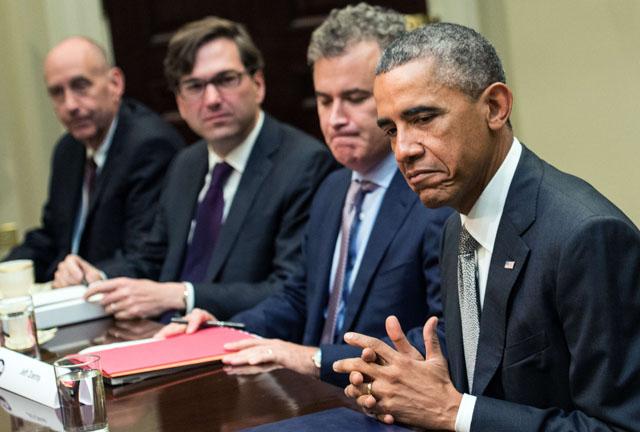You are here
Stakeholders discuss amending income tax law for social justice, national growth
By Suzanna Goussous - Jul 08,2018 - Last updated at Jul 08,2018
AMMAN — Representatives of the economic sector on Thursday met to discuss new approaches to overcome the economic challenges of the Kingdom.
During the meeting, held at Al Hussein Youth Hall, Deputy Prime Minister and Minister of State Rajai Muasher said: "In order to discuss the Income Tax Law, officials and decision makers must take into consideration the tax administration and tax evasion," adding that “amending the Income Tax Law comes with one question for all: ‘does the tax law serve national growth and social justice?’"
For Ezzeddine Kanakrieh, minister of finance, Jordan did not witness the expected economic growth during the first five months of this year.
“In the first five months of 2018, the revenues reached around JD8.5 billion, nearly JD5.2 billion of which resulted from tax revenue receipts, while JD2.6 billion came from non-tax revenue receipts, JD700 million came from grants,” Kanakrieh said.
He noted that the public debt reached 95.5 per cent of the GDP, with around JD27.75 billion, emphasising the need to implement a "well-structured plan" to reduce the debt and stimulate economic growth.
A statement by the Finance Ministry previously stated that the Kingdom’s revenues and grants increased during the first five months of 2018, as domestic revenues witnessed a rise of JD81 million.
The expenses, on the other hand, amounted to some JD9 billion, including fixed expenses on retirement pay, salaries and interest rates, the statement added.
The finance minister noted that around JD150 million were cut down from ministries’ current and capital expenditures, in line with the pledges to implement a new strategy that abides by the new economic approach. He stressed however that such cuts "would not affect the services provided to citizens and projects expected to see the light”.
After the confidence vote, the Parliament will set regular meetings with private sector representatives where they will discuss measures to address the Kingdom's economic woes, Muasher said, adding "the ministerial statement is expected to be submitted during the extraordinary session, which must include the economic plan for the upcoming phase and means to address the issues and obstacles faced by the private sector".
He highlighted that the income tax constitutes a quarter of the government’s revenues, which represents a "disproportionate rate that must be addressed" through finding ways of equal distribution of tax payment. He suggested drafting a tax law that works towards achieving economic growth, funding the Treasury, and guaranteeing the provision of quality service to Jordanians.
For his part, President of the Amman Chamber of Commerce Issa Murad stressed that overcoming challenges in the economy requires joint efforts by both the public and private sector employees and officials.
Related Articles
President Barack Obama urged top US market regulators this week to look for ways to tailor rules based on financial firms' size and complexity.
AMMAN — Jordan said on Monday that it is fully committed to the $700 million Extended Fund Facility (EFF) with the International Monetary Fu
AMMAN — The government is gearing up towards controlling exemptions, which amounted to approximately JD1 billion in 2018, as per efforts to

















